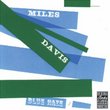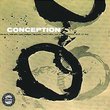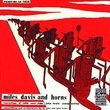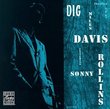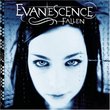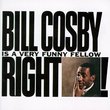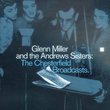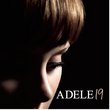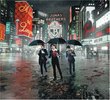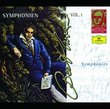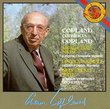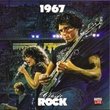| All Artists: Miles Davis Title: First Miles Members Wishing: 0 Total Copies: 0 Label: Savoy Jazz Release Date: 6/29/1993 Genres: Jazz, Pop Style: Bebop Number of Discs: 1 SwapaCD Credits: 1 UPC: 081757015929 |
Search - Miles Davis :: First Miles
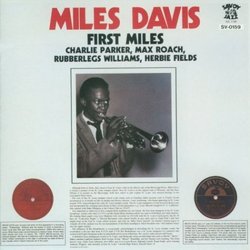 | Miles Davis First Miles Genres: Jazz, Pop
Japanese limited version featuring an LP style slipcase cover. Digitally remastered. |
Larger Image |
CD DetailsSynopsis
Album Description Japanese limited version featuring an LP style slipcase cover. Digitally remastered. Similar CDs
Similarly Requested CDs
|
CD ReviewsIt's good, however he had a long way to go. Mister Hip-Hop | The Land Where Hip-Hop And Jazz Live. | 08/30/2002 (4 out of 5 stars) "This album dates back through the first session Miles ever appeared on, so as a listener you have to keep in mind this is just the beginning of a legendary career. Of course, the first sessions with singer Rubberlegs Williams and ill-fated tenor saxophonist Herbie Fields are not that impressive, however they have moments. "That's The Stuff You Gotta Watch" touches upon the importance of making sure your girl isn't wearing someone else's wedding ring. The song is not bad, although tracks like "Pointless Mama Blues" and "Deep Sea Blues" aren't quite so successful. "Bring It On Home" is a typical 1940's blues piece and sounds pretty nice with Miles playing timid muted trumpet in the background. The real highlight of this album is the 1947 session by Miles (his first date as a leader) featuring Charlie Parker on tenor saxophone (that's right, tenor), John Lewis on piano, Tommy Potter on bass and Max Roach on drums. The bouncy "Half Nelson" became a huge hit and is a small nugget of excellent bebop. Miles shines with a nice solo and Parker also makes nice contributions. The track "Milestones" is perfect for improvisation and is also a very nice little bebop tune, one of the first Miles compositions he recorded. "Sippin' At Bells" is another fast-paced bebop track written by Miles where he shines through with another nice solo. However, upon hearing these tunes, they pale in comparison to the later Miles Davis work, as they should, because he grew so much as a musician. If you're a fan of Miles then this is a must. Otherwise, there are other releases more worthy of your time and money. Bird does display some good work on the Miles session although I prefer hearing him on alto (the higher, snappier sound fits more with his style). But if you want to check this out to hear the first sessions Miles did, go for this. It's just not his best work, so don't prepare to be knocked out." Two early Miles sessions. JetTone12 | 03/29/1999 (4 out of 5 stars) "Miles had his first session ever recorded on this LP. It is not too good, as Miles hardly plays, although good playing from Herbie Fields, the leader, and funny singing from Rubberlegs Williams make this a good session. The other session was Miles' first as a leader, and it is awesome. Miles plays great and Charlie Parker and John Lewis give good contributions. These sets are worth getting because of the rare chances to hear Miles's first sessions." It's a start! JetTone12 | USA | 11/01/2003 (4 out of 5 stars) "It's amazing how Miles grew up as a musician throughout his career. He went from playing with Rubberlegs Williams and Herbie Fields (a very under-rated tenor saxophonist with great blues style) to recording what seems like millions of masterpiece albums. This album includes those funny little sessions with Miles at the tender age of 18, and he really hardly plays (like Billy Eckstine said, "The boy could hardly blow his nose"). Miles quickly made huge strides, however. By 1947 he was 20 years old and showed a considerable improvement, playing with Bird and even outshining Bird on some of these songs as a leader. On this particular date, Bird plays TENOR! He sounds great on that too, although alto is really his strength. They really swing on the classic Miles composition "Half Nelson" and on "Milestones". The first half of the album is great for bop lovers. It's not his best work by any means, but if you want to hear the genius in his blooming stages, this is one you'll definitely want to hear. Also, check out those Charlie Parker sessions with Miles on them, especially the Dial recordings, although the Savoy ones are classics as well. The second half is less enjoyable, but entertaining nontheless. I encourage any Miles fan to check this out."
|

 Track Listings (15) - Disc #1
Track Listings (15) - Disc #1